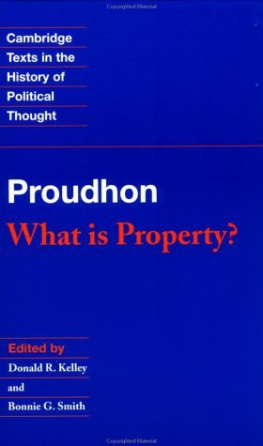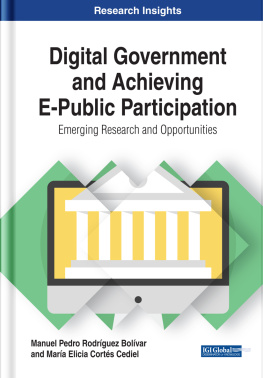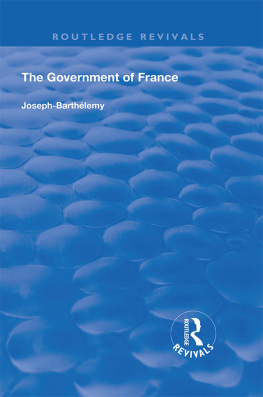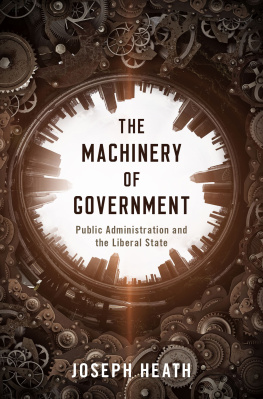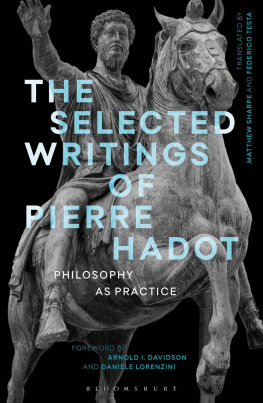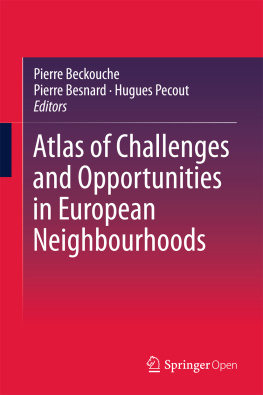What Is Property?
An Inquiry Into The Principle of Right and of Government
by
Pierre-Joseph Proudhon
1890
 All Your Books Are Belong To Us !
All Your Books Are Belong To Us ! http://c3jemx2ube5v5zpg.onion
What Is Property?
An Inquiry Into The Principle of Right and of Government
Copyright 1890 Pierre-Joseph Proudhon
Written in French, 1840
Original E-text by Charles Keller and David Seaman
Source: University of Virginia Library Electronic Text Center, http://etext.lib.virginia.edu/
Translated from the French by Benjamin R. Tucker
First Published by Humboldt Publishing Company c. 1890.
In the book, Proudhon most famously declared that property is theft. Proudhon believed that the common conception of property conflated two distinct components which, once identified, demonstrated the difference between property used to further tyranny and property used to protect liberty. He argued that the result of an individual's labor which is currently occupied or used is a legitimate form of property. Thus, he opposed unused land being regarded as property, believing that land can only be rightfully possessed by use or occupation (which he called "possession"). As an extension of his belief that legitimate property (possession) was the result of labor and occupation, he argued against such institutions as interest on loans and rent.
Contents
P. J. Proudhon: His Life and His Works
The correspondence 1 of P. J. Proudhon, the first volumes of which we publish to-day, has been collected since his death by the faithful and intelligent labors of his daughter, aided by a few friends. It was incomplete when submitted to Sainte Beuve, but the portion with which the illustrious academician became acquainted was sufficient to allow him to estimate it as a whole with that soundness of judgment which characterized him as a literary critic.
He would, however, caution readers against accepting the biographer's interpretation of the author's views as in any sense authoritative; advising them, rather, to await the publication of the remainder of Proudhon's writings, that they may form an opinion for themselves.Translator.
In an important work, which his habitual readers certainly have not forgotten, although death did not allow him to finish it, Sainte Beuve thus judges the correspondence of the great publicist:
The letters of Proudhon, even outside the circle of his particular friends, will always be of value; we can always learn something from them, and here is the proper place to determine the general character of his correspondence.
It has always been large, especially since he became so celebrated; and, to tell the truth, I am persuaded that, in the future, the correspondence of Proudhon will be his principal, vital work, and that most of his books will be only accessory to and corroborative of this. At any rate, his books can be well understood only by the aid of his letters and the continual explanations which he makes to those who consult him in their doubt, and request him to define more clearly his position.
There are, among celebrated people, many methods of correspondence. There are those to whom letter-writing is a bore, and who, assailed with questions and compliments, reply in the greatest haste, solely that the job may be over with, and who return politeness for politeness, mingling it with more or less wit. This kind of correspondence, though coming from celebrated people, is insignificant and unworthy of collection and classification.
After those who write letters in performance of a disagreeable duty, and almost side by side with them in point of insignificance, I should put those who write in a manner wholly external, wholly superficial, devoted only to flattery, lavishing praise like gold, without counting it; and those also who weigh every word, who reply formally and pompously, with a view to fine phrases and effects. They exchange words only, and choose them solely for their brilliancy and show. You think it is you, individually, to whom they speak; but they are addressing themselves in your person to the four corners of Europe. Such letters are empty, and teach as nothing but theatrical execution and the favorite pose of their writers.
I will not class among the latter the more prudent and sagacious authors who, when writing to individuals, keep one eye on posterity. We know that many who pursue this method have written long, finished, charming, flattering, and tolerably natural letters. Beranger furnishes us with the best example of this class.
Proudhon, however, is a man of entirely different nature and habits. In writing, he thinks of nothing but his idea and the person whom he addresses: ad rem et ad hominem. A man of conviction and doctrine, to write does not weary him; to be questioned does not annoy him. When approached, he cares only to know that your motive is not one of futile curiosity, but the love of truth; he assumes you to be serious, he replies, he examines your objections, sometimes verbally, sometimes in writing; for, as he remarks, 'if there be some points which correspondence can never settle, but which can be made clear by conversation in two minutes, at other times just the opposite is the case: an objection clearly stated in writing, a doubt well expressed, which elicits a direct and positive reply, helps things along more than ten hours of oral intercourse!' In writing to you he does not hesitate to treat the subject anew; he unfolds to you the foundation and superstructure of his thought: rarely does he confess himself defeatedit is not his way; he holds to his position, but admits the breaks, the variations, in short, the EVOLUTION of his mind. The history of his mind is in his letters; there it must be sought.
Proudhon, whoever addresses him, is always ready; he quits the page of the book on which he is at work to answer you with the same pen, and that without losing patience, without getting confused, without sparing or complaining of his ink; he is a public man, devoted to the propagation of his idea by all methods, and the best method, with him, is always the present one, the latest one. His very handwriting, bold, uniform, legible, even in the most tiresome passages, betrays no haste, no hurry to finish. Each line is accurate: nothing is left to chance; the punctuation, very correct and a little emphatic and decided, indicates with precision and delicate distinction all the links in the chain of his argument. He is devoted entirely to you, to his business and yours, while writing to you, and never to anything else. All the letters of his which I have seen are serious: not one is commonplace.
But at the same time he is not at all artistic or affected; he does not CONSTRUCT his letters, he does not revise them, he spends no time in reading them over; we have a first draught, excellent and clear, a jet from the fountain-head, but that is all. The new arguments, which he discovers in support of his ideas and which opposition suggests to him, are an agreeable surprise, and shed a light which we should vainly search for even in his works. His correspondence differs essentially from his books, in that it gives you no uneasiness; it places you in the very heart of the man, explains him to you, and leaves you with an impression of moral esteem and almost of intellectual security. We feel his sincerity. I know of no one to whom he can be more fitly compared in this respect than George Sand, whose correspondence is large, and at the same time full of sincerity. His role and his nature correspond. If he is writing to a young man who unbosoms himself to him in sceptical anxiety, to a young woman who asks him to decide delicate questions of conduct for her, his letter takes the form of a short moral essay, of a father-confessor's advice. Has he perchance attended the theatre (a rare thing for him) to witness one of Ponsart's comedies, or a drama of Charles Edmond's, he feels bound to give an account of his impressions to the friend to whom he is indebted for this pleasure, and his letter becomes a literary and philosophical criticism, full of sense, and like no other. His familiarity is suited to his correspondent; he affects no rudeness. The terms of civility or affection which he employs towards his correspondents are sober, measured, appropriate to each, and honest in their simplicity and cordiality. When he speaks of morals and the family, he seems at times like the patriarchs of the Bible. His command of language is complete, and he never fails to avail himself of it. Now and then a coarse word, a few personalities, too bitter and quite unjust or injurious, will have to be suppressed in printing; time, however, as it passes away, permits many things and renders them inoffensive. Am I right in saying that Proudhon's correspondence, always substantial, will one day be the most accessible and attractive portion of his works?


